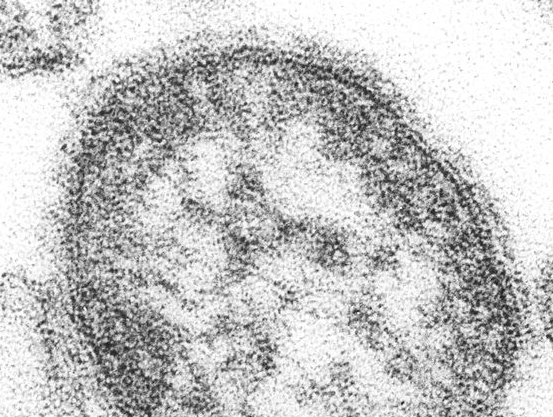Brooklyn Measles Outbreak Grows to 121 Cases

WILLIAMSBURG — The measles count is now at 121 with 21 cases stemming from a single unvaccinated Yeshiva student who attended school before showing symptoms, despite a Department of Education mandate not to.
In December, when the measles count was at 42, parents of Yeshiva schools were barred from sending unvaccinated students to school. One Williamsburg school did not comply with the Department of Education’s (DOE) mandate and continued to allow unvaccinated students to attend school. A single unvaccinated student, who had not yet shown symptoms, subsequently infected other unvaccinated students within the Williamsburg Yeshiva.
The outbreak has been more prevalent in specific zip codes in Williamsburg and Borough Park. The Department of Health and Mental Hygiene (DOHMH) attributed the spread of the disease to unvaccinated students coming in contact with infected persons.
The Health Department made the announcement Thursday, reporting 31 as “newly identified” with five cases in the last week. Twenty-six cases were identified late—after symptoms subsided. Of the 121 cases, 108 are children 18 years of age or under, 13 are adults diagnosed since October.
Last week, Bklyner reported the number of cases had jumped to 90. At the time, The Department of Health announced an expansion of vaccination recommendations for healthcare providers in Orthodox Jewish communities to provide an early, extra dose of the measles, mumps, rubella (MMR) vaccination to children 6 months to 11 months.
Since the outbreak, more than 7,000 people within the Orthodox community have received the MMR vaccination.
Initial cases were reported in October after several children contracted the disease while visiting Israel, where officials are dealing with a measles outbreak. One case was acquired from the U.K. and another from Ukraine.
Officials warn that measles is a highly contagious disease, transmitted through air, droplets and direct contact. Immunocompromised, young children and non-immune pregnant women are the most vulnerable. Symptoms appear as fever, rashes starting on the face and traveling down the body, cough, runny nose, red eyes, diarrhea and ear infection, according to the Center for Disease Control.
Tips:
- You can prevent measles by making sure you and your family have received MMR vaccine. If you or your child need to be vaccinated, call your healthcare provider. If you need help finding an MMR vaccine, call 311 to access a list of facilities that can provide MMR at low or no cost.
- There are large outbreaks of measles in Europe and Israel. Make sure you have been vaccinated with MMR vaccine before traveling to Europe or Israel. Infants ages 6 to 11 months should also be vaccinated prior to international travel.
- If you think you were exposed to measles, contact your health care provider before seeking care to prevent exposure to other patients.
This article has been updated to clarify that a Williamsburg school disobeyed a Department of Education mandate and continued to allow more than one unvaccinated student to attend school during a measles outbreak in the area.



